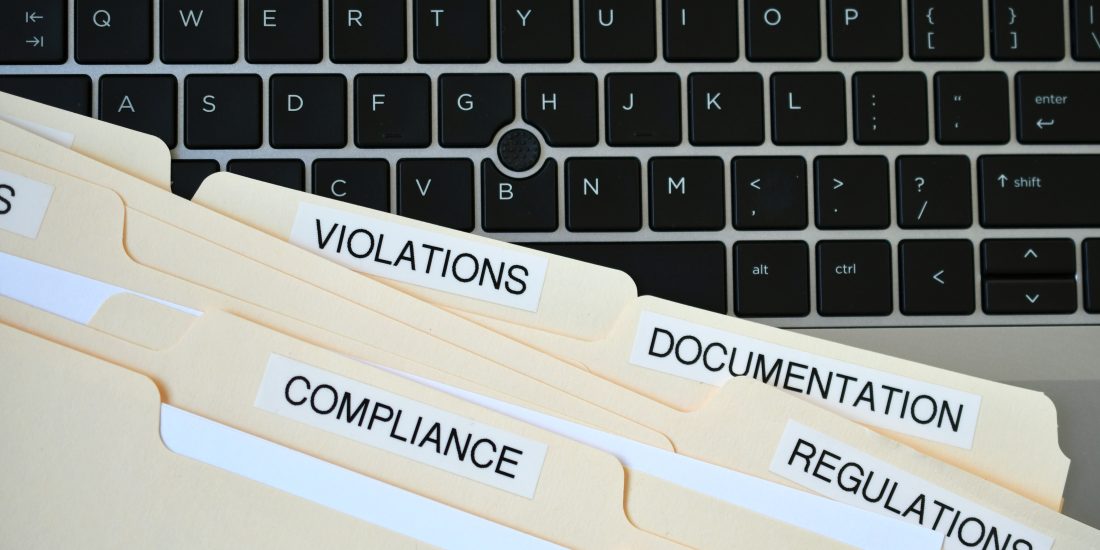
Security in SMBs: why should it be your focus, and what are the best practices?
SMBs are often targeted by hackers because they have valuable information and weak protection measures in place. In this article, we will discuss the main aspects that impact security investments in SMBs, particularly with a focus on challenges and best practices during challenging times.
Why are SMBs easy targets and why security is vital during challenging times?
Many small businesses are not taking a serious approach to security. The latest research shows that 43% of the victims going through a cyber-attack come from small businesses.
For SMBs especially, recovering from an average security attack can be a real challenge and spending $200,000 to solve a security issue is probably not the most desirable practical for a small company. From a financial standpoint and from a branding perspective, most of these businesses can’t risk losing the public trust they have built.
While we have seen many short-term decisions being made, security is an area where long-term impact should be considered, especially when one incident can affect SMBs in the long run. With recent events, a majority of SMBs have implemented remote work, and continued the practice even when the pandemic outcomes started to flatten.
To prevent many security attacks, many CISOs recommend implementing or increasing investments in security awareness training. That is mainly because an increased number of data breaches were the result of human errors, which could have easily been prevented if employees were made aware of the threats and how they could be avoided.
5 underlying security best practices
- Securing all entrances
When managing your business’s security, all devices need to be taken care of: laptops, desktops, tablets, and smartphones. The access points to all of these devices need to be protected with strong security software, and the passwords should be hard-to-hack ones. More than that, it is highly recommended to have a Firewall on so that your company’s network will be better secured.
- Have an updated security policy
As an SMB, especially, it can be easier to implement and monitor a healthy security policy. All you need to do is determine which applications and websites should be running on the company’s network, and which ones shouldn’t. You will want to look into websites and applications that are best known for issuing potential malicious software.
As an internal rule, monitoring for policy violations and bandwidth over-usage should be one of the main aspects you should consider when it comes to complying with security policies.
- Implement a regular maintenance process
Remember those notifications telling you to update your device from time to time? Updating your devices is vital for the overall efficiency of the operating system. More than that, as many things are being automated nowadays, you can even turn on automatic updates for specific applications, and enjoy the smooth performance of your OS.
- Consider security awareness training
If you want your employees to be ready for potential cyber-attacks, consider investing in security awareness training programs. You can start by making them aware of basic security threats, how they can keep their devices in control all the time, and avoid putting your company at risk. Many security measures can be acknowledged, and that is why you have to find the right partner that understands your business needs.
- Moving to the cloud? Double-check security
Moving to the cloud is a consent from your side that your content is already public. Therefore, it is vital to encrypt everything you send and, even so, to make sure that all security details are on point with your cloud provider. Cybercriminals will take advantage fast enough if the security of the cloud vendor is not good enough.
Final thoughts
Many SMBs are victims of successful security attacks. That makes it crucial for them to constantly stay updated with the security threats and the needs of the company from this perspective. If your company is looking for guidance to ensure that it has enough protection and is prepared for a potential cyberattack, you can get in touch with dedicated teams. They will develop a security strategy that will be in line with the expectations that all SMBs have.





Pingback: Infographic | Laws, Regulations and Industry Standards that Require Security Awareness Training - The new Symbol of Cyber Security